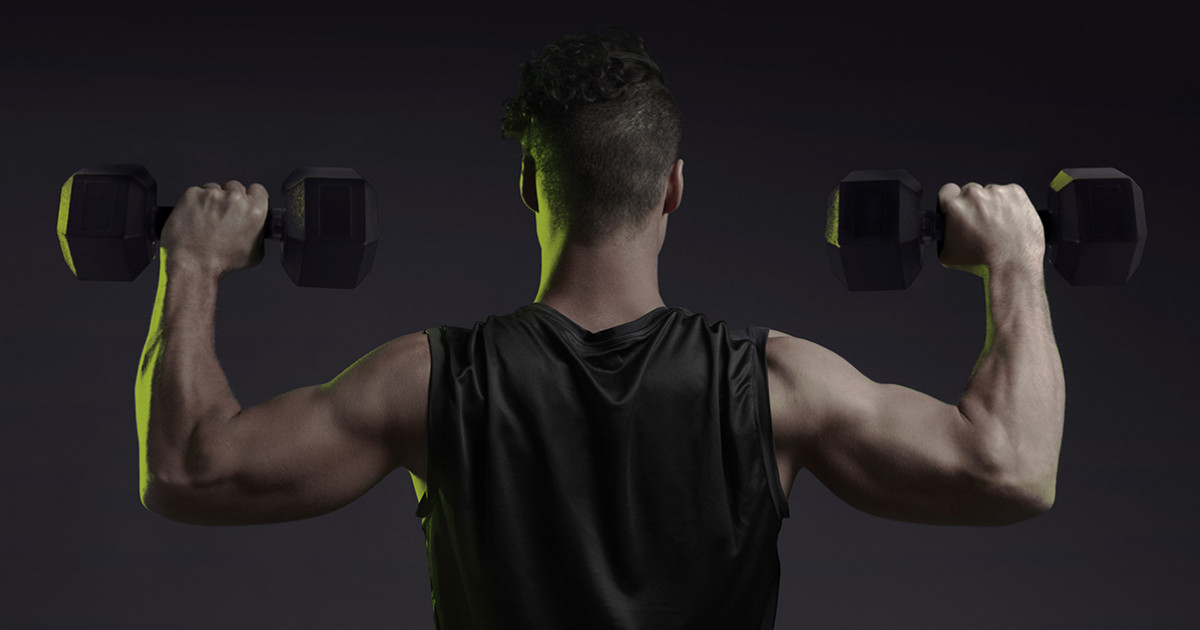TRAINING MYTHS AND REALITIES

Whenever the topic of training comes up, we are often confronted with a barrage of factoids and pseudoscience. Do you believe the Great Wall of China is visible from space? Then this is the section for you!
A healthy weight loss equals a loss of 5 pounds a week.
FALSE.
When you do your workout on a regular basis, you gain muscle that is heavier than fat for the same density. It would therefore be normal not to lose a lot of weight, but rather lose fat. However, if you are overweight, it is possible that you lose more weight initially. This phenomenon is related to water retention.
The loss of specific adipose tissue by an isolated exercise is possible.
FALSE.
We cannot target a specific area of the body to make it lose fat. It is possible to firm up or strengthen the area, but the percentage of fat will gradually decrease throughout the body. Unfortunately, some places like the stomach and the hips are more likely to store fat. It is therefore not the action of 200 pronated triceps pushdown reps per day that will make you lose fat around your arms, but rather training in general and a good diet.
Crunches are the best exercise to target the abdominal muscles.
FALSE.
Crunches almost exclusively work the rectus abdominis, which is a superficial muscle. Core strengthening exercises like the Turkish get-ups require you to call upon several abdominal muscles at the same time.
If I stop training, my muscles will turn into fat.
This is simply an expression, because it is impossible for the body to physiologically transform fat components into muscle and vice-versa. In fact, during the training period, you gain muscle and lower your body fat percentage. If you stop training and continue or increase your calorie intake, you will gain fat and lose muscle. It's a question of balance!
Sweating helps eliminate toxins from your body.
TRUE.
It is possible to find traces of metals and BPA in your sweat. You do not have to worry though, because sweat is 99% water and your liver and kidneys filter more toxins than sweat glands do. In addition, there is no research that shows that the toxin found in sweat damages health.
To lose fat, you must train on an empty stomach.
TRUE and FALSE.
Some research shows that training on an empty stomach allows you to better use fat as an energy source. It is therefore interesting to think that it is the magic solution to lose fat. However, fasting also means performance loss. As a result, training less time and with less intensity results in a decrease in the loss of calories. Therefore, although there are benefits of fat loss, fasted training causes metabolic disturbances and should be done with caution.
The best time for physical activity is early in the morning.
FALSE.
This myth accompanies the last point stated above. If your workout is early in the morning and you have not eaten, you may suffer from low blood sugar during your workout and see your performance decrease. In addition, there is evidence that the body reaches its peak physical performance during late afternoon and evening training. Finally, morning workouts may also mean that you get less sleep, which will make you more tired and less motivated.
A text from: Guillaume LeBlanc M.sc. kinesiologist & Jocelyn Goyer.

